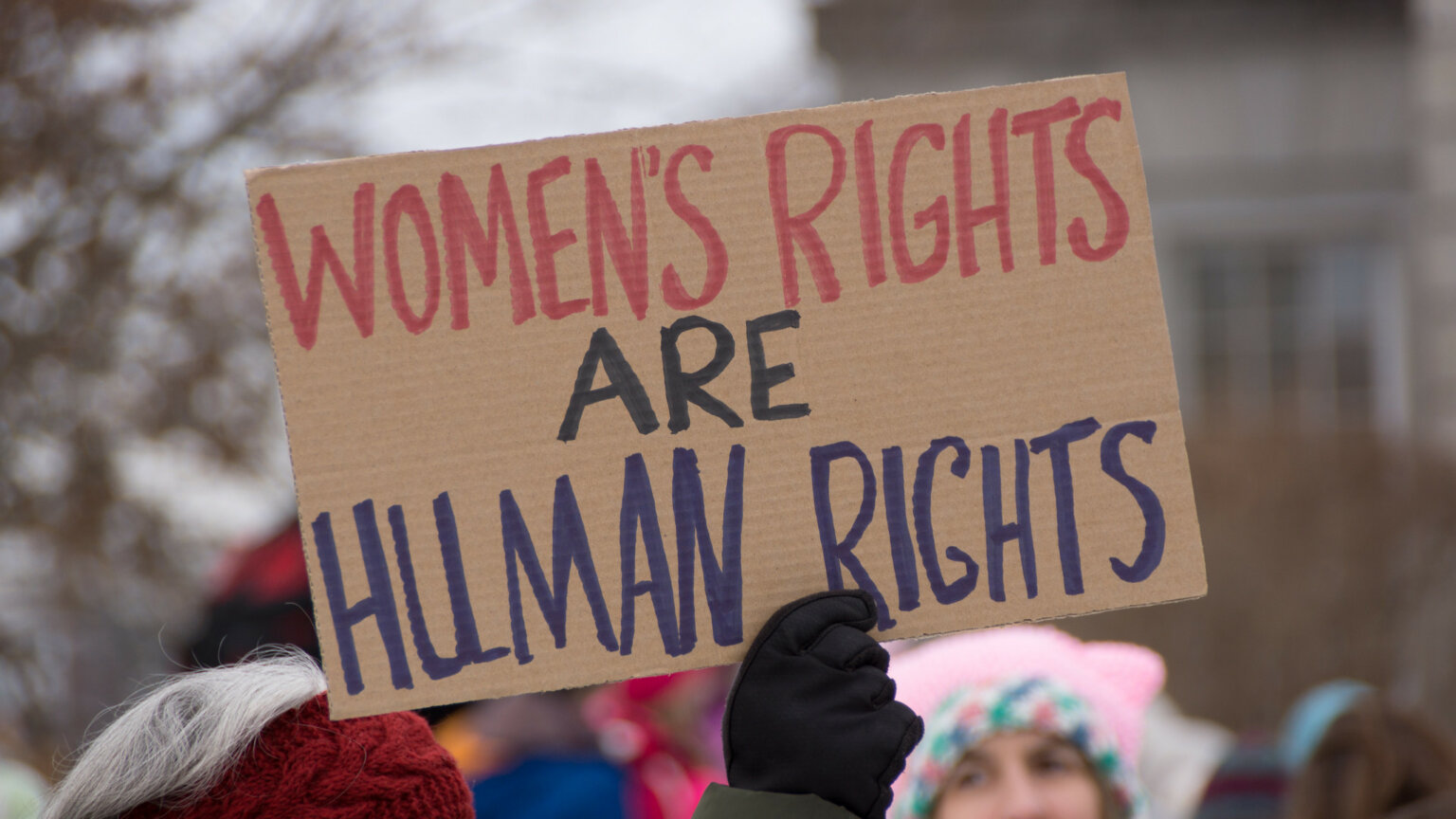- About
- Topics
- Story
- In-Depth
- Picks
- Opinion
- News
- Donate
- Signup for our newsletterOur Editors' Best Picks.Send
Read, Debate: Engage.
| January 28, 2022 | |
|---|---|
| topic: | Women's rights |
| tags: | ##metoo, #China, #women's rights, #sexual abuse, #Peng Shuai |
| located: | China |
| by: | Sasha Kong |
After playing tennis together, he and his wife drove her back to his house, before he forced her to have sex while his wife guarded the door.
That was the sexual assault allegation China’s top tennis player Peng Shuai made against former vice premier Zhang Gaoli in a post on WeChat, a Twitter-like social media platform in China. Her post was deleted by the platform within half an hour, but it already broke the internet.
"I was very scared that afternoon, and didn’t think it would happen […] Why did you come back and bring me to your place and force me to have sex with you?" Peng said.
It marked the first sexual assault allegation made against one of the country’s most senior officials. Beijing did not respond to the incident, but has censored any content and discussions related to her accusations. Peng had not been seen or heard from for weeks after the allegation was made; eventually, she claimed in a video that she did not write that post, but the world did not believe the statement was made out of her free will.
The Women’s Tennis Association suspended all tournaments in China over the allegation and concerns for Peng, while many western countries announced plans to boycott the nation’s Winter Olympics. On Twitter, the hashtag #WhereIsPengShuai emerged, with top tennis players including Naomi Osaka calling for China to let Peng speak.
The Peng scandal only highlighted the plight of countless sexual harassment and assault accusers and victims in a country that has tried to seal their lips and suppress any campaigns they started.
Late last year, a former TV station intern, Zhou Xiaoxuan, lost a high-profile sexual harassment lawsuit against popular TV host Zhu Jun, who allegedly groped her and kissed her against her will. Zhou requested a public apology from Zhu and $7,600 in damages, but Zhu denied the allegations and even launched defamation proceedings.
Zhou is largely seen as the face of China’s #MeToo movement. She told the media that she was attacked online, and had been yelled at and stalked offline. Her WeChat account was also deleted soon after she spoke out, but she has earned local and international support.
China’s fixation on political stability has led its authorities to root out the swelling #MeToo movement in the country, according to Ke Li, Assistant Professor at the John Jay College of Criminal Justice (City University of New York) Department of Political Science.
"Social movements can unfold in ways government officials deem destabilising, uncontrollable, subversive and even dangerous to the political status quo. Given the PRC’s [People’s Republic of China’s] fixation on political stability, it’s hardly surprising that government officials try to stamp out the #Metoo movement in Chinese society," professor Li told FairPlanet.
Another high-profile case involves a former Alibaba employee who claimed she was raped by her manager during a business trip. Her accusations triggered a fierce backlash against the tech giant, which fired the manager who admitted to committing “intimate acts,” when the accuser was “inebriated.”
The police investigation, however, said that "no one forced her to drink excessively," on the Chinese government’s mouthpiece Global Times. Several months after the incident, Chinese prosecutors dropped the case and refused to sue the manager, while Alibaba reversed its stance and fired the woman for spreading falsehoods and damaging the company’s reputation.
A survey by a local Chinese media found that 65 percent of the sexual harassers at workplaces in the country are senior managers or directors and that 45 percent are coworkers. Yet, only less than half of the respondents fought against the incidents, and only one of them reported it to the police. Among the victims who voiced their plight, one-in-five were forced to leave the workplace after reporting the attack.
A separate report by the New York University School of Law analysed over 100 Chinese judicial decisions which revealed that the victims who sued "rarely prevailed because of the high burden of proof on plaintiffs and the requirement that the victim’s oral testimony must be corroborated by physical evidence." They are often retaliated by the employer or suffer a defamation lawsuit, the report added.
Chinese law has been slow to protect sexual assault victims, professor Li of John Jay College added. While rape has been criminalised since 1979 in China, sexual harassment was banned in 2005, and it was only last year when the law had finally defined the concept.
Article 1010 of the Civil Code now stipulates that "a person who has been sexually harassed against her or his will by another person through spoken or written language, images, physical acts, or the like, has the right to request the perpetrator to bear civil liability in accordance with law."
“Prior to 2020, victims of sexual harassment could hardly find a national law that clearly defined the offense or effectively held employers accountable for their failures to create a safe work environment," professor Li said. "Given the legal ambiguity on this matter, we can only imagine how hard it could be for victims - a great many are women - to speak up, to find formal redress or get any kind of justice."
"We’ll continue to witness victims’ bitter struggles to get themselves heard and to actualise their rights promised on the books."
China’s top legislation has been in debates to offer women more safeguards against sexual harassment in the workplace, including prohibiting employers to ask female job applicants about their marriage or pregnancy plans or restricting them from doing both.
The proposal also further defined sexual harassment as the subjection of women against their will to "verbal expressions with sexual connotations, inappropriate or unnecessary bodily behaviour, sexually explicit images, or hint at benefits in exchange for intimate relationships or sex."
However, both the legal system and Chinese society are hampering the progress.
"There are entrenched, structural problems within and without Chinese courts that make it hard for victims to have their experiences recognised and redressed by authorities. In addition, changing ordinary people’s perception of the problem will also take time,” professor Li explained.
Although China lauded itself for having close to one-in-four female judges, these judges hardly helped fighting for more rights for women in lawsuits, she added.
“Putting more women on the bench won’t suffice," said professor Li. "In my decades-long research on Chinese courts, I’ve seen one female judge after another, just like their male colleagues, brush aside and even outright undercut women’s rights."
"In my research, I mainly focus on judicial decision-making in divorce litigation. Regrettably, I didn’t find female judges any more sympathetic towards women than their male coworkers; nor could I locate evidence indicative of female judges’ greater efforts to uphold women’s rights or gender equality," she added.
The legal expert predicted that sexual harassment and assault victims’ struggles in China might go on for a while.
"In many years to come, we’ll continue to witness victims’ bitter struggles to get themselves heard and to actualise their rights promised on the books," she said.
Image by Philippe Bourhis
By copying the embed code below, you agree to adhere to our republishing guidelines.

